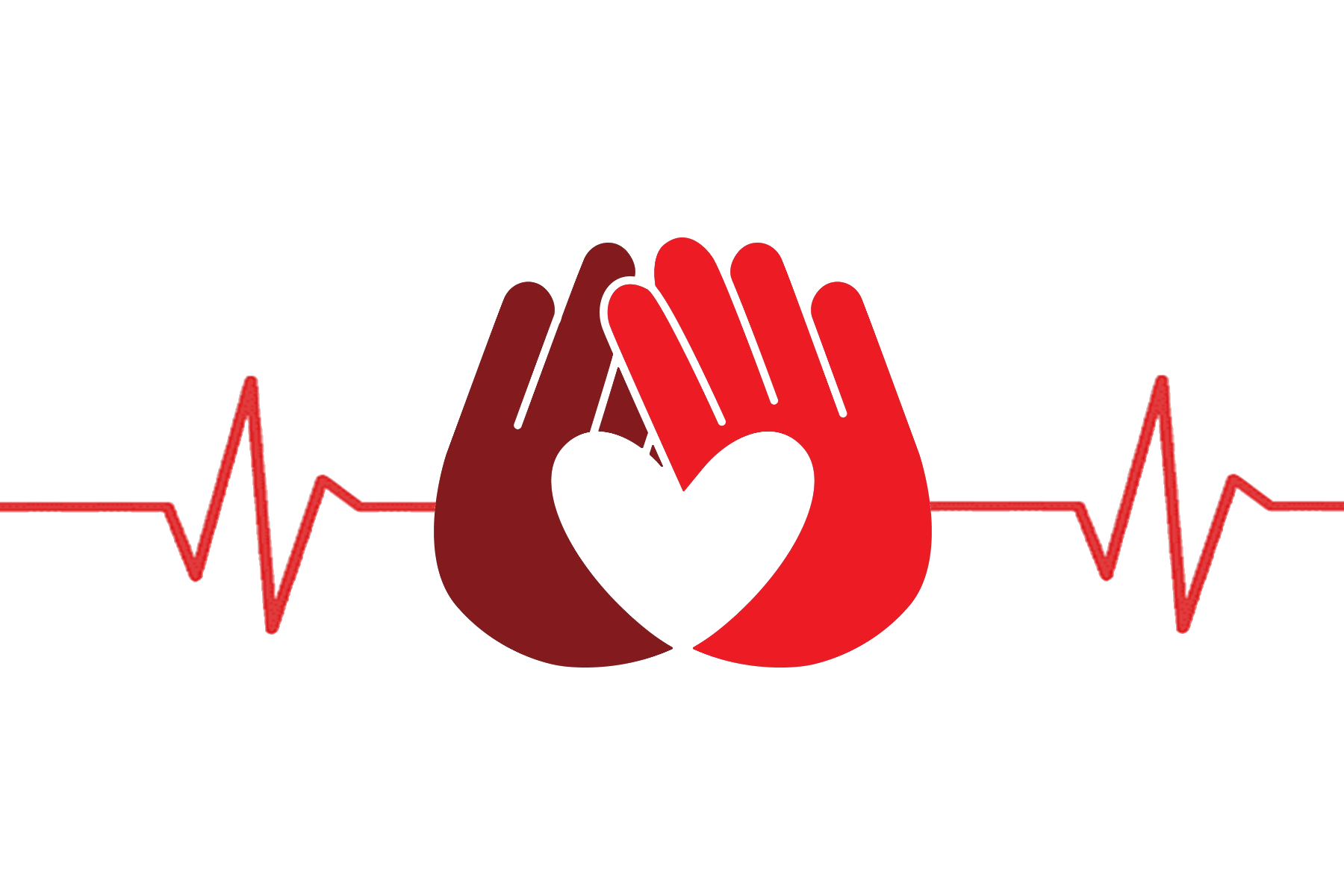UNDERSTANDING PTSD: Things People With PTSD Do That Seem Impolite to Other People

I know only too well how PTSD can cause us to act in ways that sometimes we don’t understand, let alone other people, meaning that others may perceive us in a negative way. However, these perceived rude behaviours are often important boundaries for those with PTSD, enabling us to cope in social situations. Hopefully this post may help to distinguish between someone who is exhibiting PTSD symptoms and someone who is just being rude.
SUDDEN ANGRY OUTBURSTS
Sometimes living in a constant state of high anxiety or perceived danger without any release will cause the person to reach a breaking point, and often this anger will be directed at either those closest to us, or to those we don’t know at all, for example customer service people, when perhaps the phone call adds to the stress already being experienced.
OVERSHARING
Many who know me will know that I often overshare and I am very open with my clients about aspects of my life which I’m sure other therapists may feel is unprofessional. When we have gone through trauma that may have involved secrets and feeling unable to talk about something, this may become a trigger and so we move as far as we can away from that feeling of things being hidden, by oversharing.
LACK OF PARTICIPATION IN CONVERSATIONS
Dissociation in PTSD is common and can be mistaken for being antisocial, but in reality it is simply a coping mechanism when we are afraid or under extreme stress. We are often aware that we are dissociating, but we become stuck, having difficulty in speaking and even moving due to imbalances in the nervous system.
LACK OF EYE CONTACT/APPEARING UNAPPROACHABLE
Sometimes those with PTSD find eye contact really difficult because it can make them feel more vulnerable, and this can give the impression of not being interested in others, especially if physical contact is also avoided.
Even smiling can feel too inviting for some people as they feel safer if they don’t stand out.
AVOIDING PHYSICAL CONTACT
Some people just aren’t touchy people but physical contact can certainly be difficult in the aftermath of physical or sexual trauma, making the person feel unsafe or threatened, but this can be perceived by others as being rude.
BECOMING DEPENDANT ON FRIENDS/PARTNER TO SPEAK FOR YOU
When anxiety levels peak and we find it difficult to cope we may hide behind others, or even behind our phones in order to avoid contact with others.
AVOIDING FAMILY MEMBERS/GHOSTING PEOPLE
Ignoring messages and calls can be a way of avoiding intimacy or becoming reliant on people, as this can feel unsafe to those with PTSD. It can also be through frustration that people don’t understand the effects of PTSD and consistently think that you are rude or don’t care. This can then make you feel that you are in the wrong, which can also be triggering, for example, following psychological abuse.
TELLING PEOPLE NOT TO TALK TO YOU
This can simply be a way of coping when flashbacks occur or if a situation is painful. People often just need some space to think clearly instead of being verbally directed or touched by others, which can be a natural instinct, but can cause those with PTSD to go into sensory overload.
CANCELLING OR LEAVING SOCIAL EVENTS EARLY
Constant high levels of anxiety mean that people can often only handle so much, and so even though we may want to stay somewhere, we may NEED to leave, to avoid sensory overload.
LACK OF MEDICAL COOPERATION
Feeling in control of health care decisions and our own body is important when you have PTSD and feel so out of control, so it is not uncommon to shut down a medical approach which may make the person feel threatened. There has to be a feeling of being listened to rather than simply being poked and prodded to allow a certain level of trust and vulnerability.

